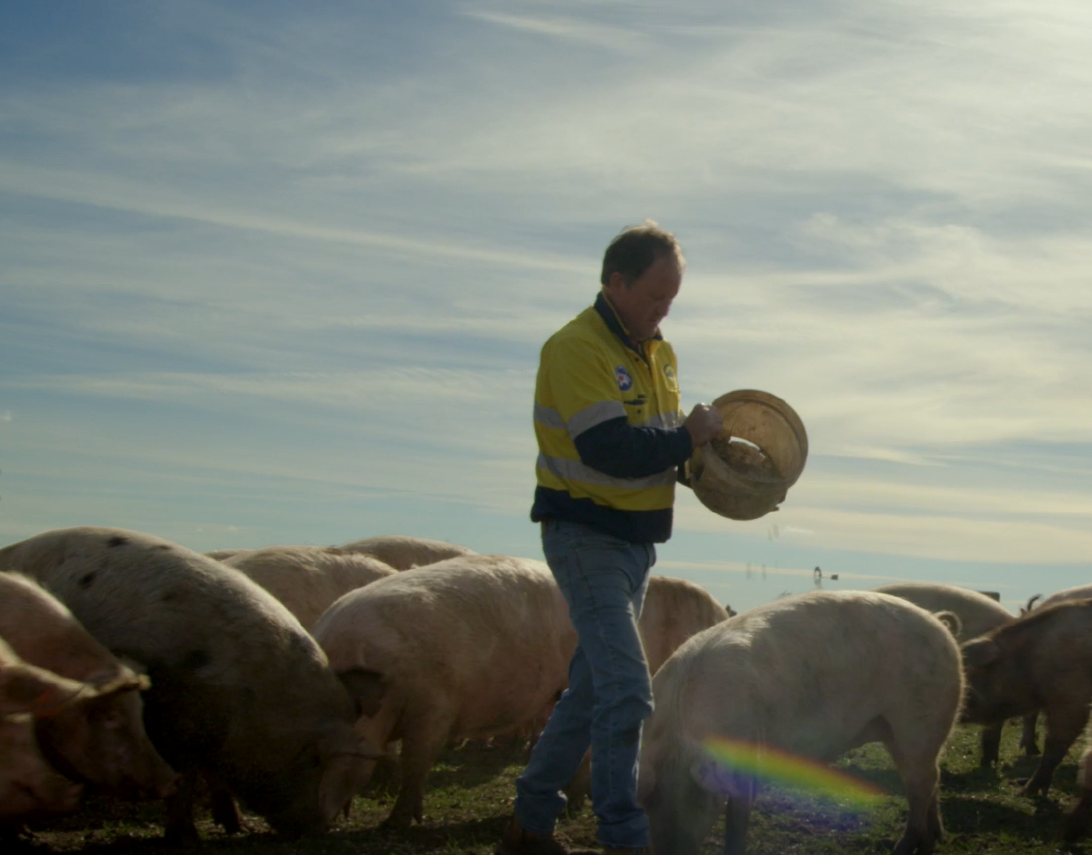APIQ Certification
The Pastoral Pork Company is proud of our responsible approach to raising healthy pigs, using methods which are deeply considerate of the land and environment. Our APIQ Certification reflects our values as a sustainable producer, whilst providing a framework that guarantees quality and reliability for our customers.
About the certification
Our APIQ Certification reflects our commitment to responsible farming practices and helps communicate this commitment to our customers, and to the wider public.
What is APIQ?
APIQ is the Australian Pork Industry standard for quality assurance. It offers transparency between pork producers and customers on the pillars of animal welfare, management, food safety, biosecurity and traceability. We are proud to be recognised as an APIQ producer, with responsible farming practices at the heart of our production strategy.
What is APIQ Outdoor Bred Raised Indoors on Straw?
Pigs which are raised under the APIQ Outdoor Bred Raised Indoors on Straw are bred in paddocks outdoors, and moved indoors to straw lined shelters at weaning. This means that the breeding stock live outdoors, free to roam and wallow with their piglets as they would naturally. Insulated huts ensure that our pigs can access protection from the elements whenever they choose.
Once the piglets grow to weaning age, they are moved to straw lined shelters where they are protected from potential predators and the elements. This practice is in alignment with the APIQ OB Certification, and reflects our commitment to exceptional welfare and management across our farms.
What does Free Range mean?
The APIQ Free Range Certification applies to pigs which have been raised outdoors for the entirety of their life. Although these pigs live outdoors permanently, they have access to shelters which they can move in and out of as they please. These shelters offer protection from the elements and are a safe place for sows to raise their piglets. Free Range pigs roam and forage in the pastures of their paddocks, and are also provided with additional feed to ensure their energy requirements are met.

